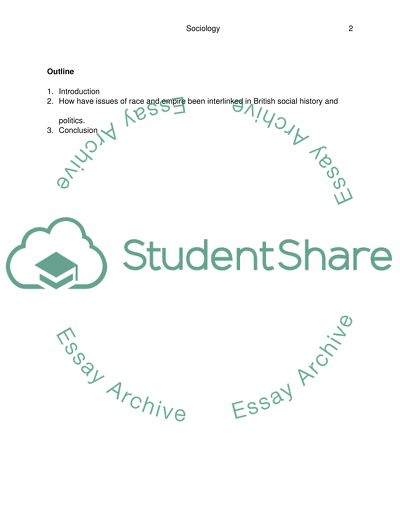Cite this document
(“How Have Issues of Race and Empire Been Interlinked in British Social Essay”, n.d.)
Retrieved from https://studentshare.org/sociology/1449612-how-have-issues-of-race-and-empire-been
Retrieved from https://studentshare.org/sociology/1449612-how-have-issues-of-race-and-empire-been
(How Have Issues of Race and Empire Been Interlinked in British Social Essay)
https://studentshare.org/sociology/1449612-how-have-issues-of-race-and-empire-been.
https://studentshare.org/sociology/1449612-how-have-issues-of-race-and-empire-been.
“How Have Issues of Race and Empire Been Interlinked in British Social Essay”, n.d. https://studentshare.org/sociology/1449612-how-have-issues-of-race-and-empire-been.


